Unlocking the potential of city-led action against hate, extremism and polarisation

Launched at the United Nations in 2015, the Strong Cities Network is an independent, apolitical, global network of more than 220 cities* committed to addressing hate, extremism and polarisation that can lead to violence while promoting a human rights-based prevention framework informed by international good practice.
Strong Cities fills a critical gap in efforts that have typically overlooked the unique and important role cities can and must play in addressing these threats.
It is cities and other local authorities, after all, that face the brunt of terror attacks and acts of violent extremism. They are typically the first to respond in the immediate aftermath, and the ones responsible for mitigating the long-term economic and social impacts of violent extremism and other forms of hate-motivated violence in the communities they serve. By virtue of their proximity to and understanding of their communities, they can build trust, foster inclusive city identities and leverage other forms of public service to respond to the threat of violent extremism in a sustainable, human rights-compliant, gender-sensitive and non-stigmatising way, founded on the principle of 'do no harm'.
By cities for cities, the Network’s forward trajectory is guided by a member-led International Steering Committee, representing the Network’s global reach and diversity, and driven by a Management Unit, hosted by ISD, which includes a Central Team and a series of Regional Hubs – in East and Southern Africa, MENA, South Asia, the Western Balkans and, launching in 2024, North America – which are catalysing the Strong Cities mission at a regional level.
* 'Cities' refers to and encompasses any sub-national/local authority, including inter alia megacities, cities, states, counties, towns, villages and municipalities.
STRONG CITIES IN FOCUS
Strong Cities supports cities in developing and/or strengthening mandates, approaches and programmes to prevent and respond to hate, extremism and polarisation. Strong Cities aims at leveraging the range of local services, interests, networks and skills that exist within cities. The Network’s thematic focuses include:
NATIONAL-LOCAL COOPERATION
National-local cooperation (NLC) is an essential component of preventing and addressing hate, extremism and polarisation; all multi-faceted phenomena requiring a whole-of-society approach that leverages the capacities of different actors at every level into a coherent and coordinated effort. NLC supports this need by enabling actors at both levels to work collectively and maximise the impact of prevention and response efforts.
MULTI-ACTOR FRAMEWORKS
Strong Cities is currently working in partnership with Boston Children’s Hospital, the University of Illinois Chicago and the Prevention Practitioners Network, with support from the US Department of Homeland Security, to pilot a model for the development of local multi-actor prevention frameworks in six small and mid-sized cities across the United States.
TRANSATLANTIC DIALOGUE INITIATIVE
Launched in October 2021, the Strong Cities Transatlantic Dialogue Initiative is strengthening cooperation between mayors, local governments and practitioners in preventing hate, extremism and polarisation, and safeguarding local democracy. Through workshops in cities on both sides of the Atlantic, and capstone events in The Hague and New York, Strong Cities is facilitating important city learning, sharing and recommendations for both mayors and practitioners in Europe and North America.
GLOBAL CRISES, LOCAL IMPACTS
Mayors and the cities they lead have been grappling with how to navigate local manifestations of global crises. From COVID-19 to rising levels of hate and polarisation, to the cost-of-living crisis, to unprecedented migration and increased urbanisation, the impact of successive global crises is felt acutely at the local level. Informed by threat analysis from researchers at ISD and other organisations, Strong Cities is working with local leaders to identify good practices and approaches for navigating local manifestations of global crises, such as the Israel-Gaza crisis, which has sparked protests in cities around the world, dividing communities, accelerating rising antisemitism and Islamophobia and threatening social cohesion.
CITY-LED INCIDENT RESPONSE
The motive behind hate and extremist-driven attacks is not just to inflict violence but to create societal fear and division. In the immediate aftermath of an attack, national authorities take the lead in emergency responses, reinforcing public safety and launching criminal investigations. However, as the weeks and months progress, the impact of an attack can run deep, causing untold social consequences across communities and geographic borders. Communities no matter how resilient, need strong local leadership and a coordinated, sustained response to help them heal, recover and rebuild.
YOUNG CITIES
Working in partnership with young people and local governments to enhance youth-led, shared solutions to community challenges such as hate, extremism, polarisation and violence, Young Cities is fostering a shared understanding of local youth issues, facilitates new opportunities for cooperation, and ultimately enhances both groups’ capacity to tackle community-level challenges.
STRONG CITIES IN ACTION
Strong Cities supports mayors and local authorities through a variety of modalities, designed to build meaningful connections between cities, facilitate peer learning and exchanges, and to equip cities with tools they need to not only address a complex and evolving threat environment, but to build strong, socially-cohesive and resilient cities. This includes through:
- Convenings: Strong Cities brings together mayors, local officials, youth, civil society, national governments, multilateral bodies and the private sector to share experiences, good practices and challenges. Formats vary, and include national, regional or cross-regional workshops or exchanges, mayoral leadership initiatives, global summits and other online and offline formats organised by Strong Cities and partners.
- Regional Hubs: Local experts based in East & Southern Africa, MENA, South Asia and the Western Balkans facilitate the increased sharing of experiences, good practices and challenges through workshops, briefings and webinars, and maintaining an active ‘help desk’ to provide targeted support to address individual cities’ questions, challenges and needs. Foundations are being laid for a new North America Regional Hub to launch in 2024.
- Training & Capacity-Building: Supporting cities and relevant stakeholders to improve and develop local approaches that take account of good practices internationally and which can be tailored to local contexts.
- Resource Hub: A living, open resource for disseminating online training tools, guides, local policies and good practices, including profiles and spotlights of approaches across member cities.
A MISSION WITH IMPACT
“Cities are often on the margins of discussions about security or prevention, but first on the line of response when threats are realised. In 2015, our municipality was the target of groups intent to undermine the coexistence and stability of our municipality and country as a whole. With Strong Cities, we managed to bridge the gap between capacities and needs on the ground, and to engage more actively in preventing violent extremism, hatred and polarisation in our community.
Maksim Dimitrievski, Mayor of Kumanovo – North Macedonia
“We’ve gained valuable insights across various jurisdictions … it’s inspiring to see how effective strategies can be shared and adapted for the benefit of creating safer and more resilient communities.
Philemon Sabulei, Speaker, Elgeyo Marakwet County – Kenya
“As a proud member city of the Strong Cities Network since 2016 which knows all too well the impact that targeted violence can have on our residents, we are excited to now partner with Strong Cities on a two-year initiative to develop and implement a comprehensive prevention hate and extremism framework that responds to the needs and concerns of our communities.
City of Chattanooga, Tennessee – USA
“In September 2023, I was privileged to participate in the Strong Cities Network Fourth Global Summit in New York, where I had the remarkable opportunity to engage with mayors from diverse cities and nations. This enriching experience exposed me to invaluable best practices that I am eager to implement in Delhi, ushering in a new era of technology-driven, effective and efficient governance at the local level.
Durgesh Pathak MLA, Chairman, Municipal Corporation of Delhi – India
“Said went through some challenges that pushed us towards a preventative approach. As a result, the Mayor considered the Local Prevention Networks to be a priority for youth and for schools especially. Engagement with Strong Cities has had a very positive impact on the city’s practitioners and municipal officials. To be honest, we didn’t expect this result. It has exceeded our expectations.
Said Municipality – Lebanon
STRONG CITIES CONNECT
For further information about the Strong Cities Network, visit www.strongcitiesnetwork.org or email [email protected].

Strong Cities Network Member Directory
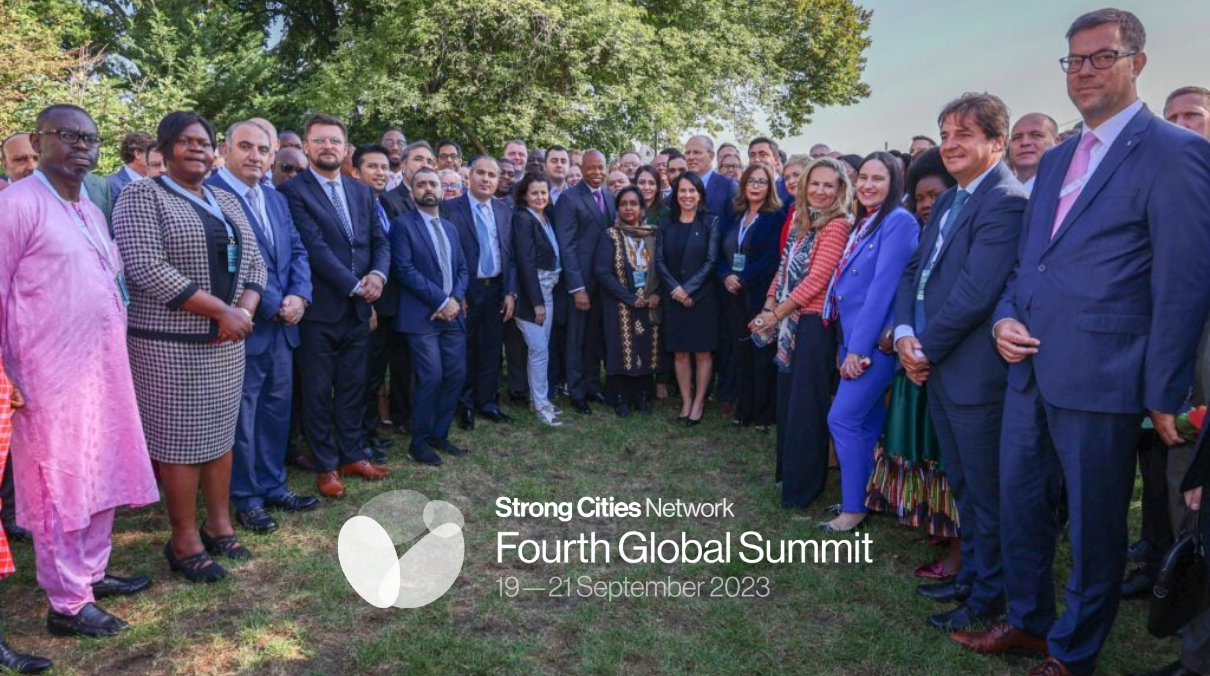
Strong Cities Network Fourth Global Summit, New York City, 2023
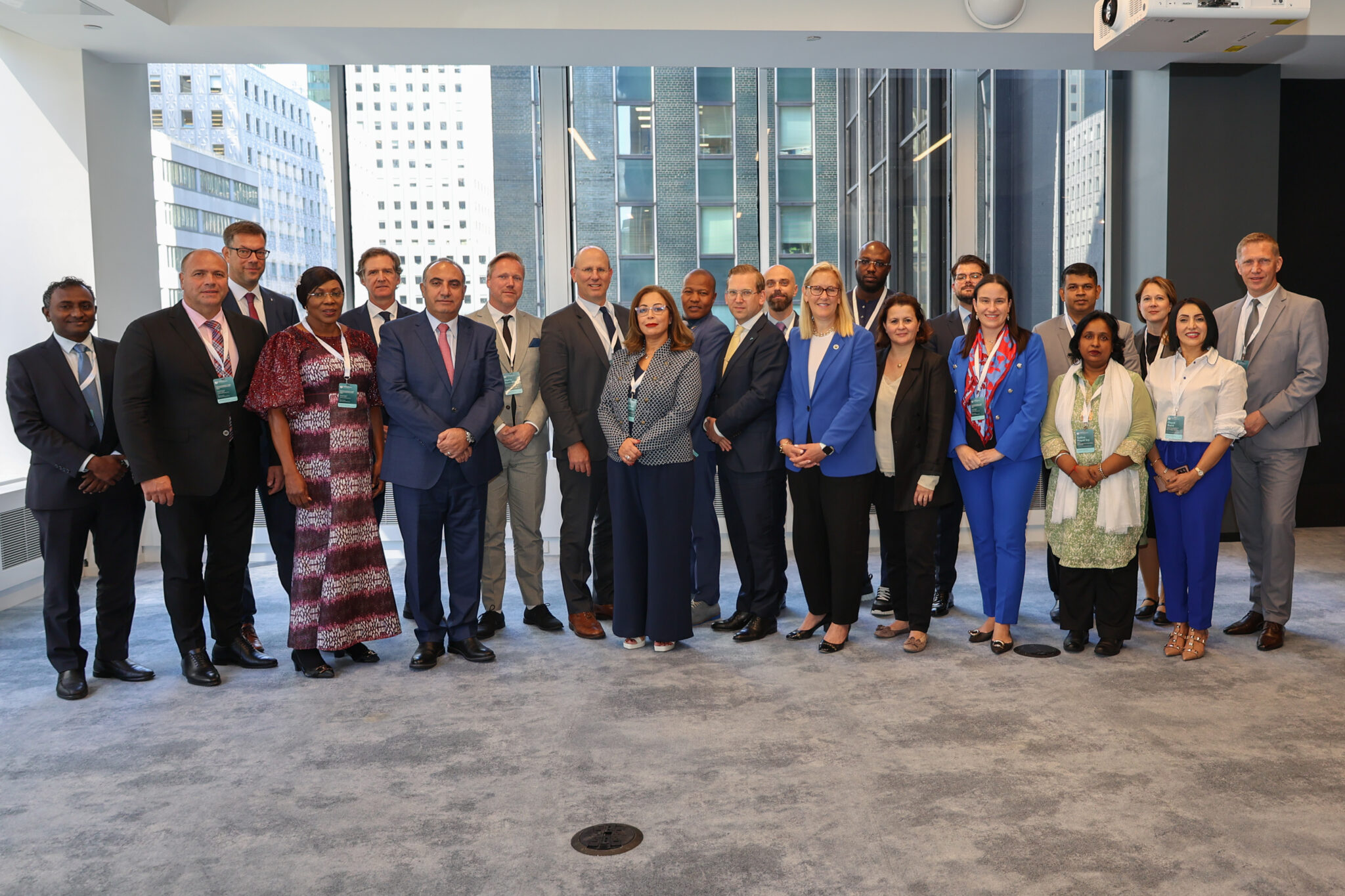
Our International Steering Committee is comprised of a geographically diverse group of 25 members and works with the Strong Cities Central Team to ensure that Network’s forward trajectory is driven by the needs of our member cities.

Regional Hubs in East & Southern Africa, MENA, South Asia, the Western Balkans, and soon in North America, are further catalysing the Strong Cities mission on a regional basis.
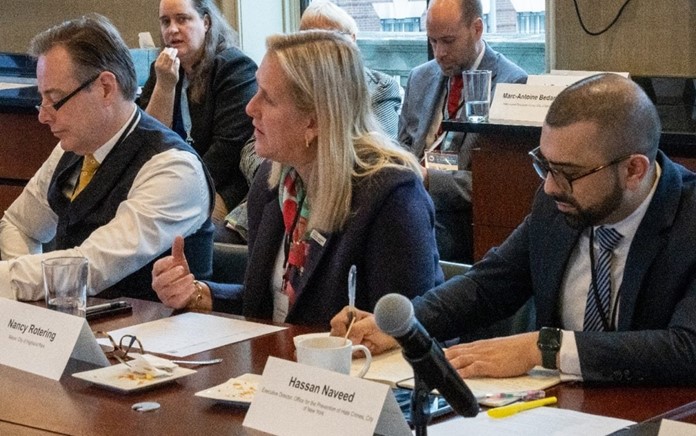
Our Transatlantic Dialogue Initiative is connecting mayors and cities across Europe and North America to address shared challenges.
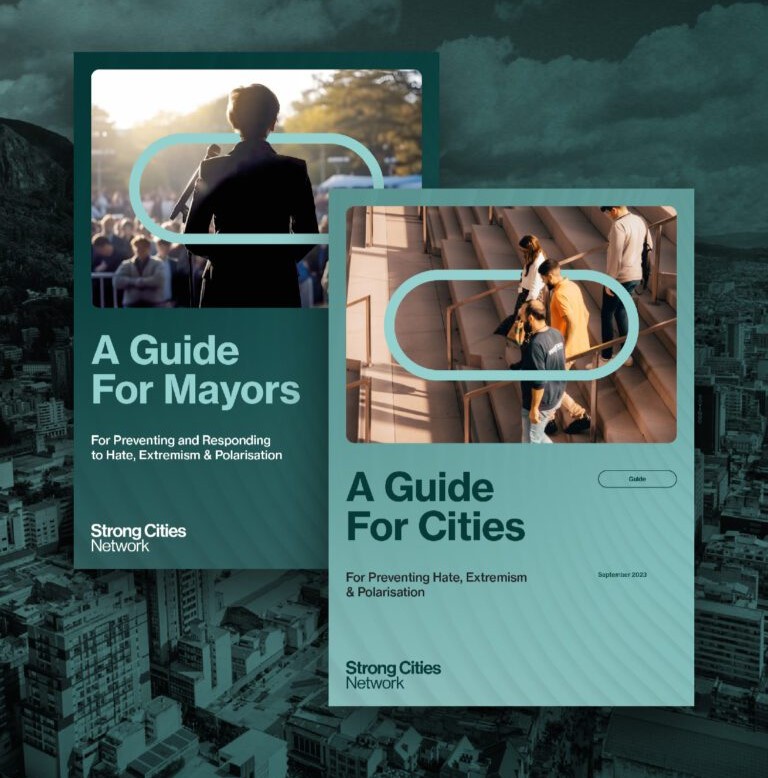
The Strong Cities Resource Hub houses practical tools and guides shaped by real-world examples and case studies to support city-led, whole-of-society approaches to address a complex and evolving threat environment.
Strong Cities' Management Unit
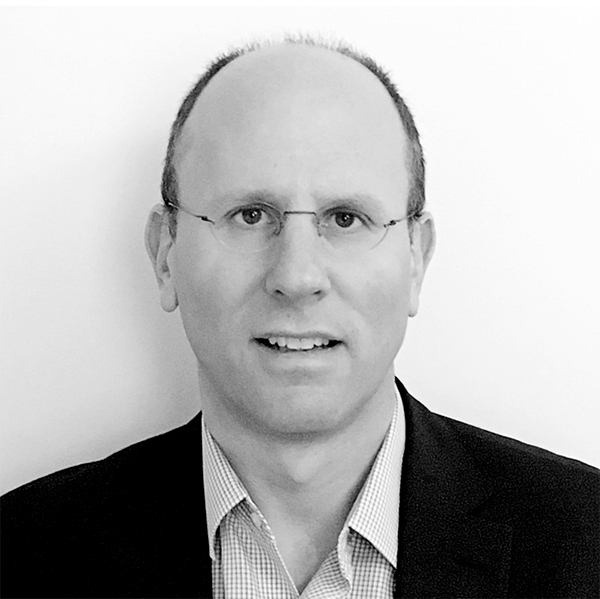
Eric Rosand
Executive Director, Strong Cities Network



Eric Rosand
Executive Director, Strong Cities Network



Allison Curtis
Deputy Executive Director, Strong Cities Network



Allison Curtis
Deputy Executive Director, Strong Cities Network
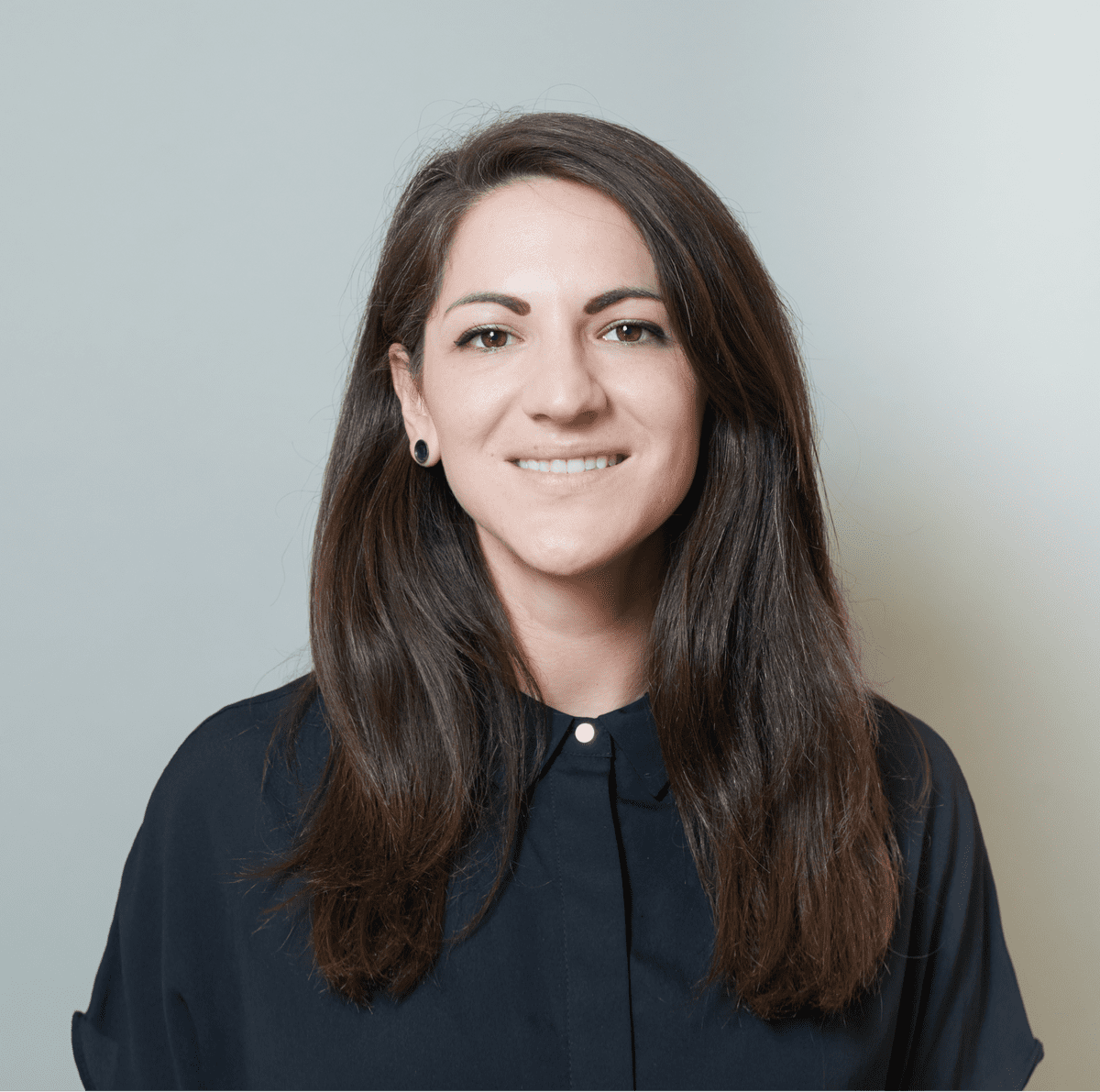


Kelsey Bjornsgaard
Director of Practice, Strong Cities Network



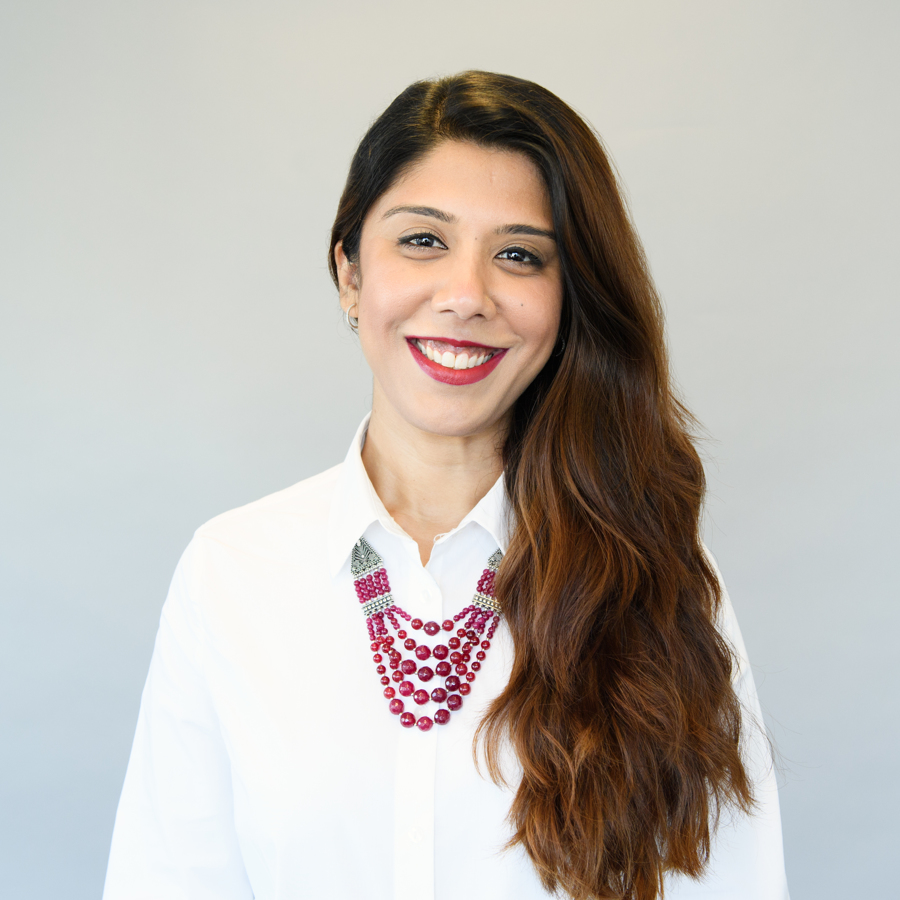


Duaa Khalid
Director of Project Operations, Strong Cities Network



Duaa Khalid
Director of Project Operations, Strong Cities Network



Lara Petricevic-Williams
Director of Global Engagement, Strong Cities Network



Lara Petricevic-Williams
Director of Global Engagement, Strong Cities Network



Simeon Dukić
Deputy Director of Global Engagement, Strong CIties Network






Charlotte Moeyens
Senior Manager, Networks & Civic Action



Charlotte Moeyens
Senior Manager, Networks & Civic Action



Max Read
Senior Research Manager



Max Read
Senior Research Manager
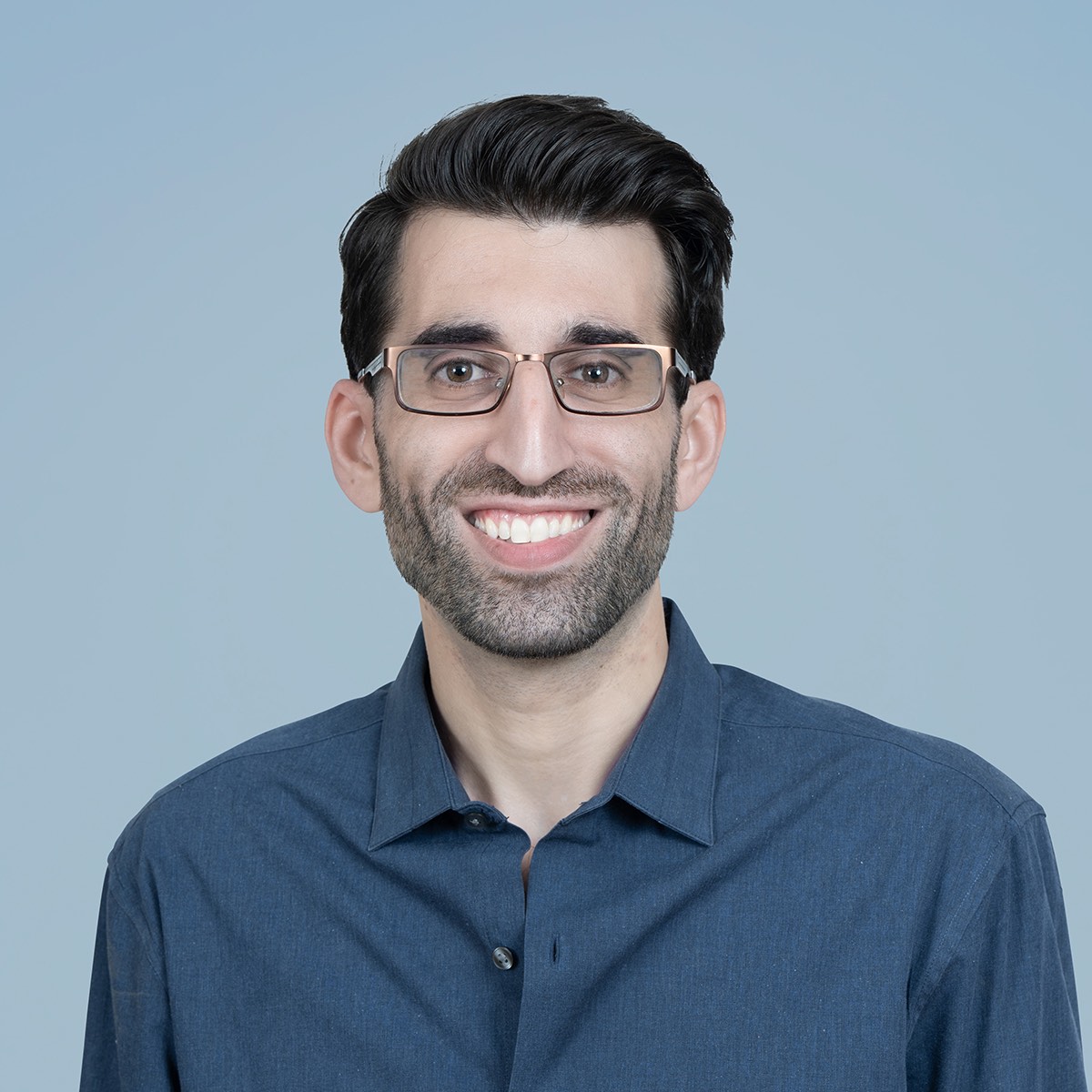


Jordan Reimer
Senior Manager for North America, Strong Cities Network



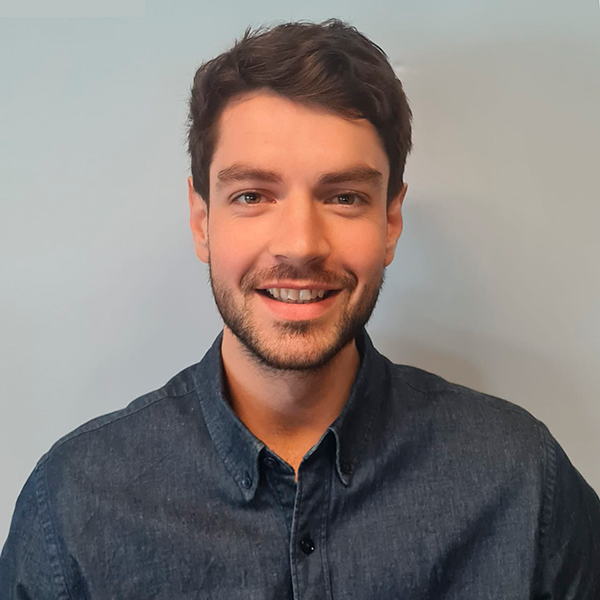


David Leenstra
Networks and Membership Coordinator, Strong Cities Network



David Leenstra
Networks and Membership Coordinator, Strong Cities Network



Sameen Zehra
Youth Civic Action Coordinator, Young Cities



Sameen Zehra
Youth Civic Action Coordinator, Young Cities



Caroline Wade
Project Coordinator for North America, Strong Cities Network



Caroline Wade
Project Coordinator for North America, Strong Cities Network
